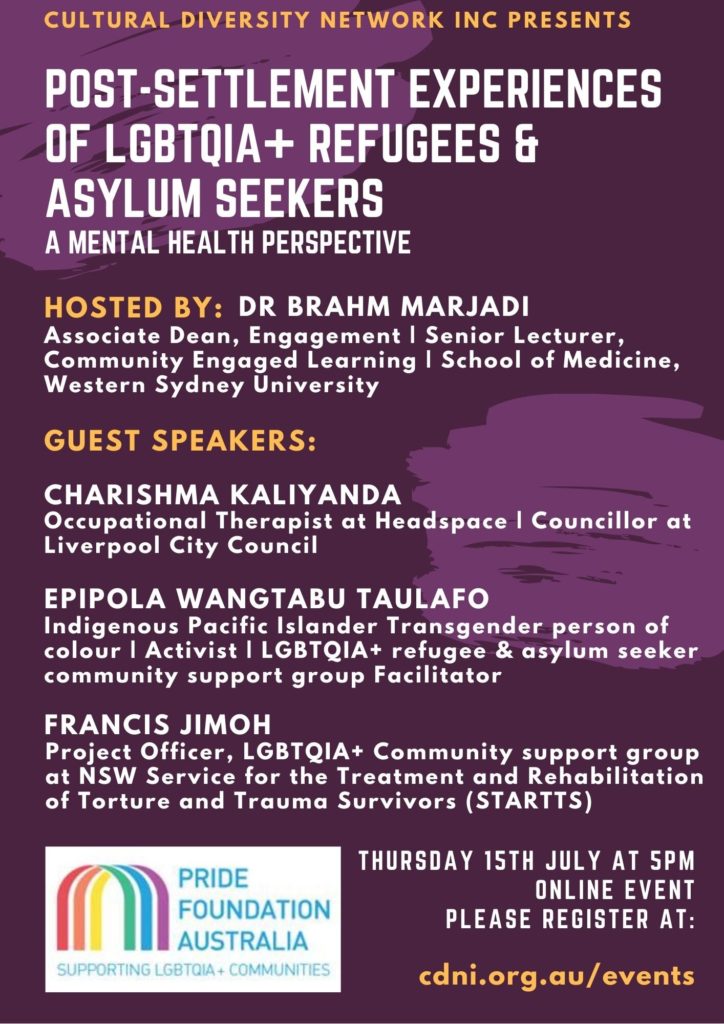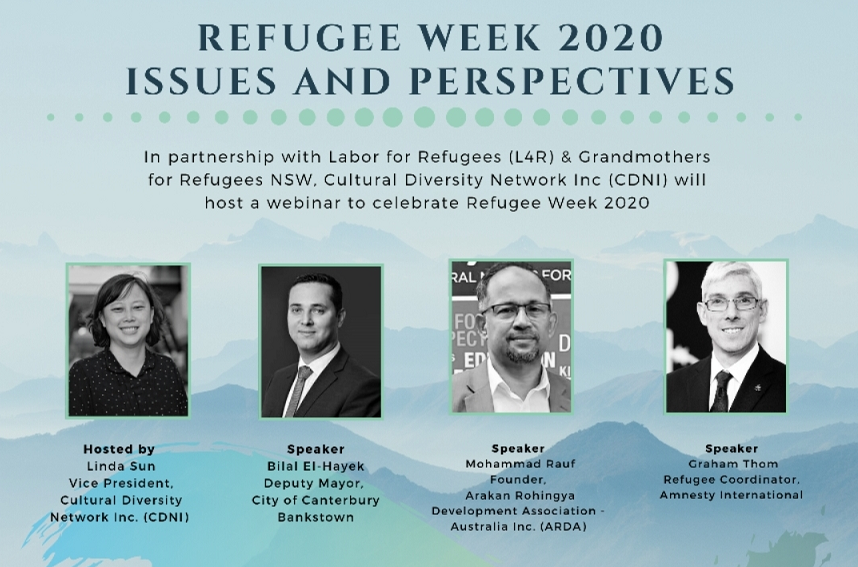SETTLEMENT SUPPORT
CDNI provides settlement support services to newly arrived migrants and refugees who face poverty, suffering, helplessness, or distress.
We develop client-based programs to alleviate suffering and distress caused by the intersectionality of LGBTQIA+ migrants and refugees, and for migrants and refugees with disabilities and mental health issues due to traumatic life experiences. In addition, we facilitate social, sporting, and recreational opportunities that promote integration and inclusion of migrants and refugees, identified as in genuine need of relief by the association, with the broader mainstream community.
Settlement Support
Building social connection:
One of the biggest challenges that migrants, refugees, and asylum seekers face when moving to a new country is building social connections. Many of them may feel isolated and disconnected from their new environment, which can lead to mental health issues such as depression and anxiety. To address this, CDNI facilitates opportunities for socialisation through community events.
Facilitating employment pathways:
Another significant challenge faced by migrants, refugees, and asylum seekers is finding employment. It can be challenging to navigate the job market in a new country, especially if there are language barriers or cultural differences. CDNI arranges job training, resume building workshops, and skill development sessions to help individuals secure stable employment.
Providing access to settlement services:
Many migrants, refugees, and asylum seekers require support in accessing settlement services, such as housing assistance, health care, and legal services. CDNI helps them navigate the complex systems of government and community organizations to access these essential services.
Helping new settlers understand their rights:
It is crucial that migrants, refugees, and asylum seekers understand their rights in their new country. CDNI provides information and consultancy on legal rights and responsibilities, as well as advocacy and representation to those who face discrimination or mistreatment.
Support for mental health and well-being, including for marginalised migrants who identify as LGBTQI+:
Many migrants, refugees, and asylum seekers may face discrimination, harassment, and violence due to their race, religion, sexual orientation, or gender identity. We provide mental health counseling, support groups, and advocacy services to address the unique challenges faced by marginalised communities. It is essential to create safe and inclusive spaces where individuals can access these services without fear of judgment or discrimination.
Successful Settlement Support Initiatives and Events
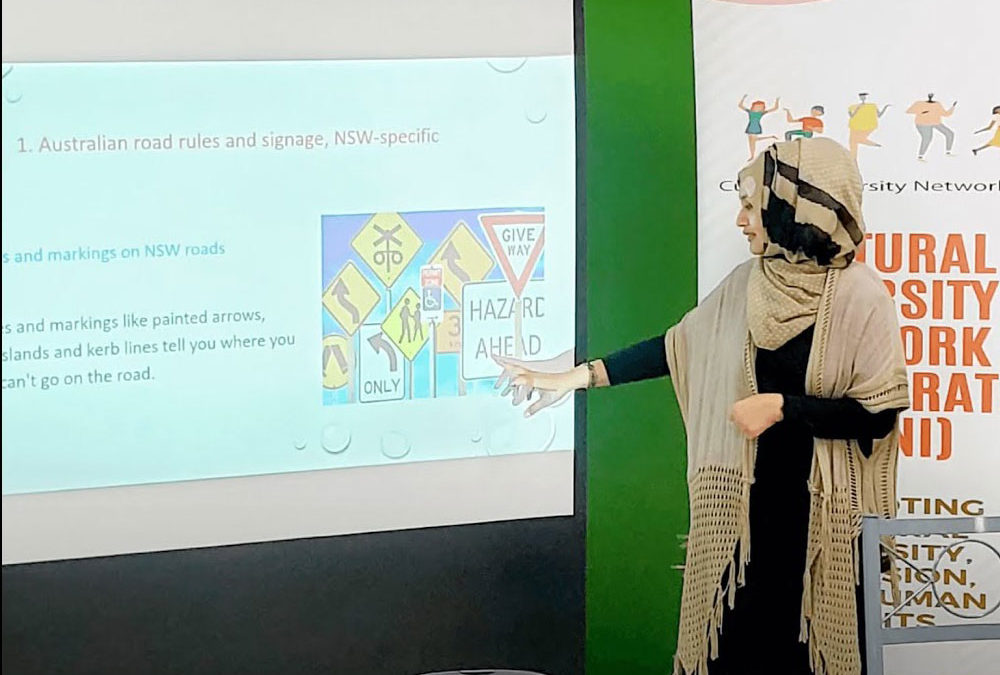
Road Safety Workshops for Rohingya Community in Sydney by CDNI
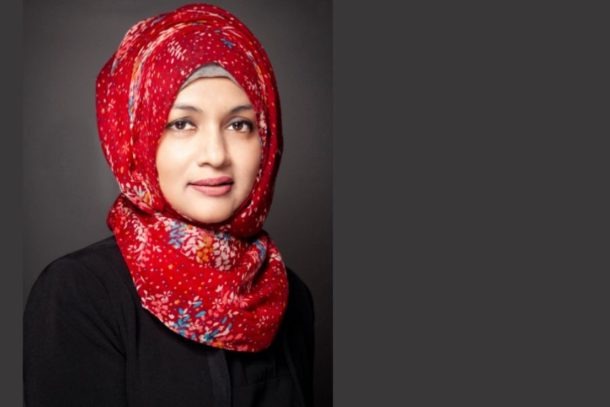
Financial abuse of migrant and refugee women is a hidden factor in toxic relationships
When most people are asked to think about domestic abuse, they typically focus on the physical and emotional mistreatment in...
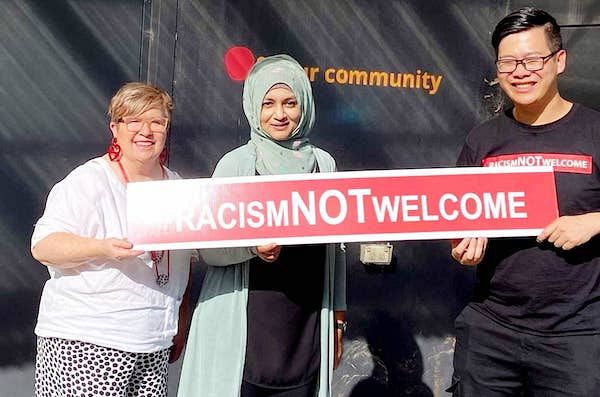
#RacismNotWelcome campaign a visible sign of the times
Until we fully embrace our new arrivals and eliminate all forms of racism and discrimination in this country, we cannot expect...

Wage theft still a big problem for the vulnerable
While Australia has been actively working against the wage theft problem, work still needs to be done, especially to help...

